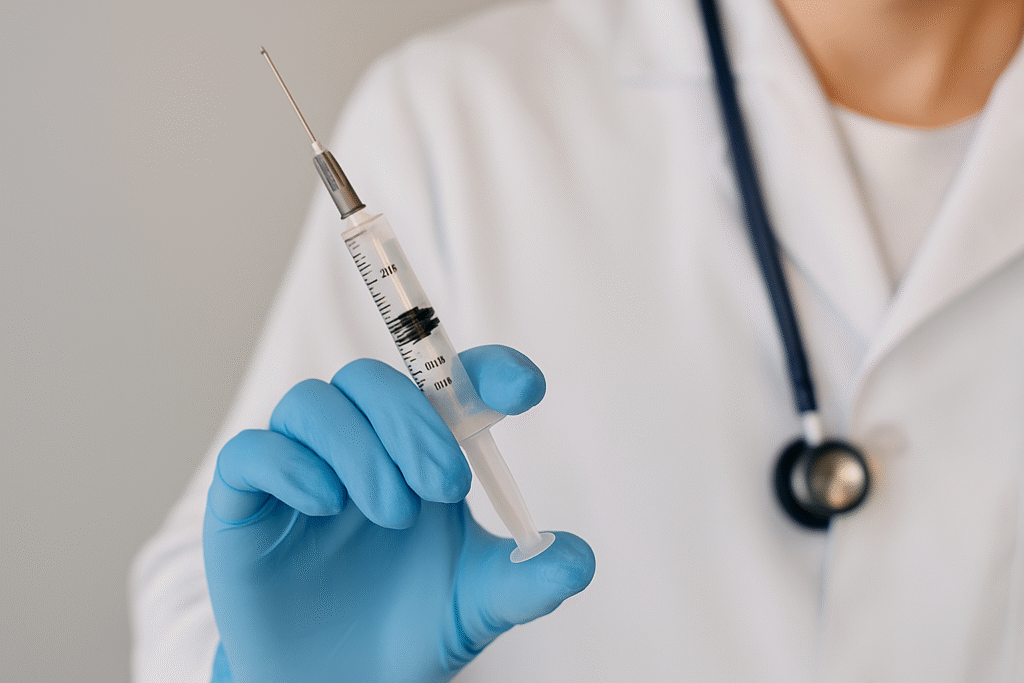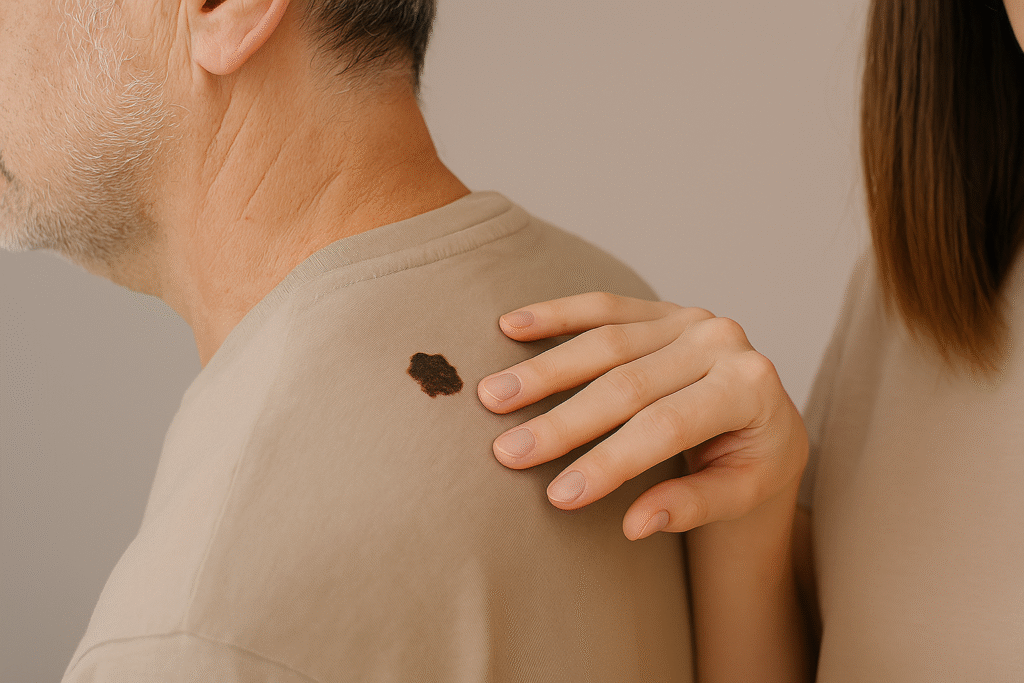Can Cancer Spread from One Person to Another? | Q&A
Cancer is one of the most misunderstood diseases in terms of its transmission. People often wonder:
Cancer can spread between people, is that possible?
This question arises from fear, confusion, and sometimes even social stigma. With so many myths circulating online and in our communities, it’s important to understand the science behind cancer transmission — or the lack of it.
At Shaman Cancer Care, we believe in empowering patients and their families with truth and clarity. This blog will answer the most commonly asked questions about cancer and whether it can be passed from one person to another — through blood, saliva, needles, air, or even sperm.
So, Can Cancer Be Contagious?
No, cancer is not contagious.
You cannot catch cancer like the flu or COVID-19. It doesn’t spread from person to person through casual contact, coughing, sharing food, or hugging. Cancer develops inside a person’s body due to genetic mutations, environmental factors, lifestyle choices, or infections but not because someone else had it.
However, let’s go deeper into specific concerns and the semantic queries people often search for.

Can Cancer Spread from One Person to Another Through Blood?
A common fear is whether cancer can be transmitted via blood transfusion. Fortunately, the answer is no.
- Blood transfusions are safe. Blood banks screen all donations rigorously.
- It is likely that the recipient’s immune system will destroy any cancer cells present.
- In fact, there are no documented cases of cancer transmission via blood transfusion in modern medical history.
This also answers the related query:
Can cancer spread through blood transfusion?
No, it cannot.
Can Cancer Spread from One Person to Another Through Saliva?
Another popular myth: sharing utensils, kissing, or drinking from the same glass might spread cancer.
- Reality: Cancer does not spread through saliva.
- Cancer cells cannot survive in the mouth or stomach of a healthy person.
- Even patients with oral or throat cancer cannot pass it to others through saliva.
Conclusion:
No, cancer cannot spread through kissing, saliva, or shared food items.

Can Cancer Spread from One Person to Another Through a Needle?
This is a bit more nuanced.
Let’s address two angles:
1. Can cancer spread through an accidental needle prick (like healthcare workers might experience)?
- Again, there are no cases of cancer transmission via a needle injury.
- Bacteria and viruses are more infectious than cancer cells.
2. Can blood cancer spread through needles?
- Still, the answer is no.
- While blood cancers (like leukemia) are present in blood, cancer cells can’t colonize another person’s body via a needle.
- But unsafe needles can spread viruses like HIV or Hepatitis B, which can later increase risk for certain cancers — but that’s a different mechanism entirely.
Conclusion:
Sharing needles or accidentally pricking yourself won’t spread cancer.
Can Cancer Spread from One Person to Another Through Air?
This one’s a common fear — especially in today’s post-pandemic mindset.
But again:
Cancer is not airborne.
- You cannot breathe in cancer cells from someone with lung cancer.
- Unlike flu or tuberculosis, cancer cannot travel through droplets in the air.
The air is not a suitable medium for transmitting cancer.
Conclusion:
Cancer is not contagious through air or breathing.
Can Cancer Be Transmitted Through Sperm?
This is a very rare and complex question, often rooted in concerns about intimacy or reproduction.
- There is no evidence of cancer spreading through sexual contact or sperm.
- Even in the case of prostate or testicular cancer, the disease does not pass on through semen.
- In extremely rare cases during pregnancy, a mother may pass cancer cells to her unborn baby — but this is a one-in-a-billion situation and not related to sexual activity.
Conclusion:
Cancer is not transmitted through sexual activity or sperm.

Is Skin Cancer Contagious If You Touch It?
A very common concern.
- Touching someone’s skin cancer will not give you cancer.
- Skin cancers, like melanoma or basal cell carcinoma, arise from damaged DNA and are not spreadable.
- You can care for or hug someone with skin cancer without fear.
That said, it’s important to note:
- If someone has open wounds or lesions, always use gloves when applying ointment to prevent infection (not cancer).
Conclusion:
Skin cancer is not contagious through touch.
A Note on Genetic Risk
While cancer doesn’t spread like an infection, some cancers can be hereditary.
- This means you might inherit a higher risk if close family members have had certain cancers (like breast, ovarian, or colon).
- This doesn’t mean you will get cancer, only that your screening and awareness should start early.
At Shaman Cancer Care, we offer genetic counseling and testing for high-risk families , helping you stay one step ahead.
Final Answer: Cancer Cannot Spread Between People
To summarize the main question:
Cancer can spread between people, is that possible?
No, it cannot.
- It doesn’t travel through air.
- It doesn’t spread through blood.
- It doesn’t pass through saliva, needles, or physical contact.
- It’s not sexually transmitted.
Let’s Replace Fear with Facts
Shaman Cancer Care believes that knowledge heals. By busting myths like these, we not only reduce stigma but also encourage timely care and compassion.
If you or your loved one has been diagnosed with cancer, don’t isolate them out of fear, instead, support them with love, empathy, and accurate information.
FAQ
Q1. Do hugging and close contact have the potential to spread cancer?
No, cancer is not contagious. Hugging or touching does not pose any risk.
Q2. Can blood transfusion give someone cancer?
No. Donated blood is thoroughly screened, and cancer cells don’t survive transfusion.
Q3. Are any cancers contagious at all?
No cancer is contagious person-to-person. Only certain viruses that increase cancer risk are.
Q4. What cancers are hereditary?
Some like breast, ovarian, colon, and prostate cancer can run in families.
Q5. What should I do if I live with a cancer patient?
Continue normal life. You are safe and your love is part of their healing.



